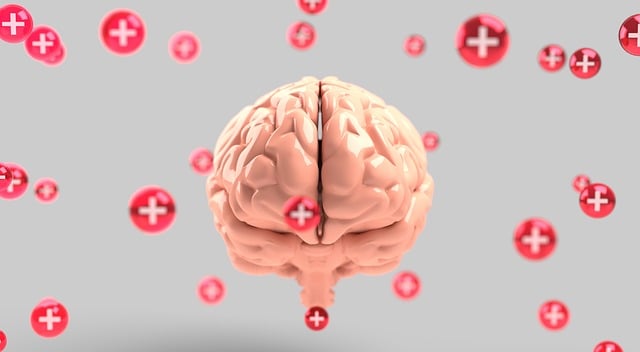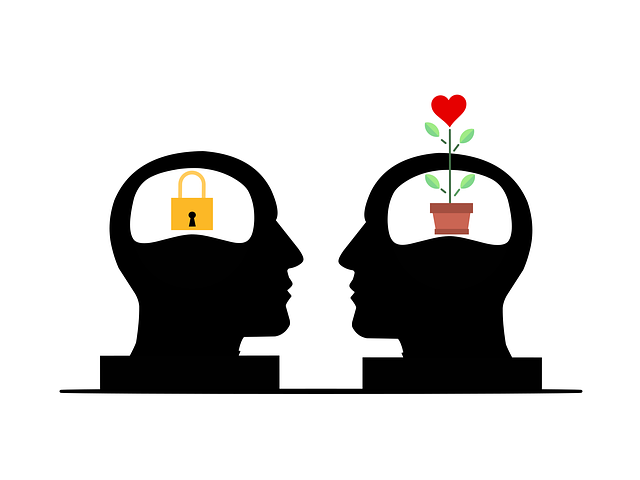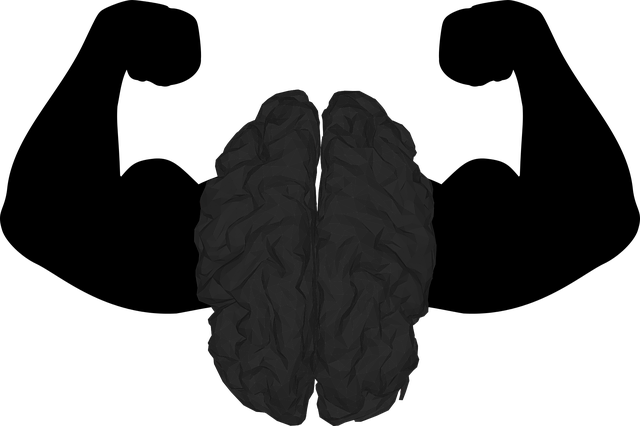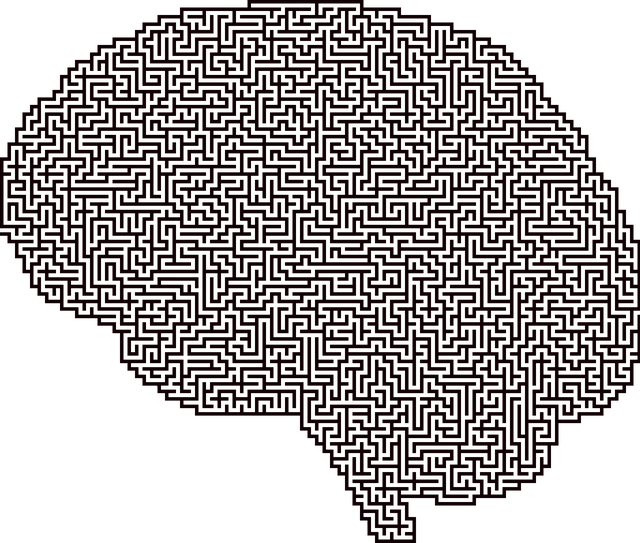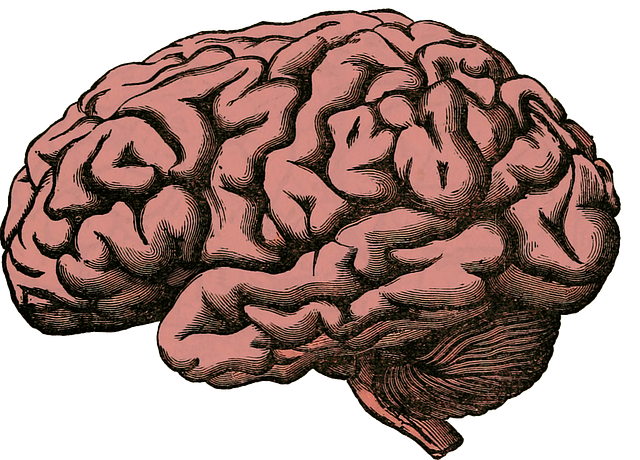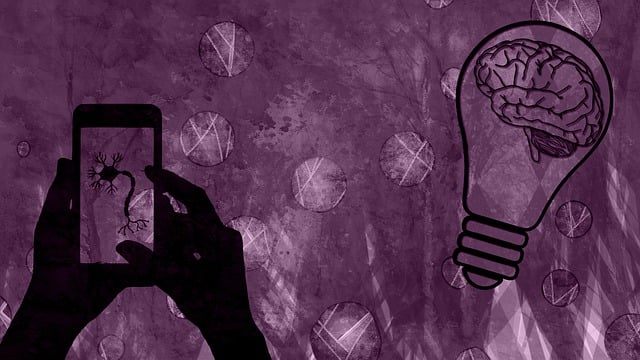Mental health issues among young adults, exacerbated by academic pressures and social media, call for tailored interventions. Stigma hinders access to services, so comprehensive programs focusing on therapy, early intervention, and education are crucial. Incorporating interactive activities, technology, and community engagement enhances effectiveness, while continuous evaluation ensures relevance and impact. Key objectives include anxiety relief, resilience building, and stigma reduction through accessible support tailored to young adults' unique challenges.
Mental health issues among young adults have become a pressing concern, highlighting the need for comprehensive education programs. This article explores the design of effective mental health education for this demographic, focusing on key components such as interactive activities and stigma reduction. We delve into strategies to create supportive environments and provide guidelines for evaluating and refining these programs to offer optimal support for young adults struggling with mental health challenges, emphasizing the importance of therapy and early intervention.
- Understanding Mental Health Issues Among Young Adults
- Key Components of an Effective Education Program
- Incorporating Interactive and Engaging Activities
- Addressing Stigma and Promoting Supportive Environments
- Evaluating and Iterating for Optimal Impact
Understanding Mental Health Issues Among Young Adults

Understanding mental health issues among young adults is a critical component of any comprehensive education program. This demographic faces unique challenges, with stress from academic pressures, social media, and high expectations often leading to increased rates of anxiety, depression, and other mental health disorders. Young adults also tend to underutilize mental health services, partly due to stigma associated with mental illness but also because they may not recognize their symptoms or feel comfortable seeking help.
Effective therapy for young adults requires tailored interventions that address these specific barriers. Mental health policy analysis and advocacy play a vital role in shaping environments that support positive mental well-being among this age group. Efforts to reduce the stigma surrounding mental illness, through education and open dialogue, can significantly encourage young adults to seek help without fear of judgment. Cultivating positive thinking skills and resilience can also equip them with tools to navigate life’s challenges more effectively.
Key Components of an Effective Education Program

An effective mental health education program for young adults should incorporate several key components to ensure its success and impact. Firstly, it must provide comprehensive therapy for young adults, tailored to their unique needs and challenges. This includes access to professionals who specialize in youth mental health, such as psychologists and psychiatrists, who can offer evidence-based treatments like cognitive behavioral therapy (CBT) and mindfulness practices. The program should also emphasize the importance of early intervention and prevention strategies to mitigate risks before they escalate.
Additionally, emotional well-being promotion techniques should be central to the curriculum. This involves teaching coping mechanisms, stress management skills, and resilience-building activities designed to enhance young adults’ ability to navigate mental health challenges independently. By integrating these strategies, the program equips participants with the tools necessary for anxiety relief while fostering long-term self-reliance and mental agility. Through a holistic approach that combines therapy, education, and support, an effective mental health education program can significantly contribute to the overall well-being of young adults.
Incorporating Interactive and Engaging Activities

Incorporating interactive and engaging activities is a powerful strategy to enhance the effectiveness of mental health education programs aimed at young adults. These age groups often benefit from dynamic learning environments that stimulate their minds and encourage active participation. For instance, role-playing scenarios can help them practice coping strategies in safe, simulated situations, fostering better preparedness for real-life challenges.
Group discussions and collaborative problem-solving exercises create a sense of community, allowing young adults to learn from each other’s experiences. This peer-to-peer learning approach not only promotes mental wellness but also instills a sense of belonging. Moreover, integrating technology, such as virtual reality simulations or online platforms for mental health coaching, can further cater to diverse learning styles and ensure continuous support, even beyond traditional program durations, contributing to enhanced anxiety relief.
Addressing Stigma and Promoting Supportive Environments

Stigma surrounding mental health issues is a significant obstacle for young adults seeking support and recovery. Effective mental health education programs must address this challenge by fostering open conversations and promoting understanding. Through interactive workshops, peer support groups, and community outreach initiatives, such as Mind Over Matter principles-based sessions, these programs can create safe spaces where individuals feel comfortable sharing their experiences. By normalizing discussions around mental wellness, they empower young adults to recognize signs in themselves and others, encouraging early intervention and reducing the chances of prolonged struggles.
Community engagement is vital to designing supportive environments that extend beyond formal therapy for young adults. This includes collaborating with local organizations, schools, and faith groups to integrate mental health awareness into existing structures. By doing so, these programs can reach a broader audience, providing regular exposure to mental health education. Ultimately, this collective effort aims to normalize conversations around mental health, break down barriers, and ensure that young adults have access to the support they need in their daily lives.
Evaluating and Iterating for Optimal Impact

Evaluating and iterating are crucial aspects of designing an effective mental health education program tailored for young adults. The initial implementation should include a pilot study with a small group of participants to gather qualitative and quantitative data on the program’s impact. This process involves assessing the program’s ability to foster confidence-boosting activities, resilience building, and mental illness stigma reduction efforts among the targeted demographic.
Through feedback from the pilot study, educators can identify areas that resonate well with the young adults and those that need improvement. The collected insights should guide iterative adjustments to the program, ensuring it remains relevant, engaging, and impactful. Regular evaluations ensure the optimal delivery of mental health education, catering to the unique needs of this vulnerable population—young adults navigating their mental wellness journeys.
Mental health education programs designed with a focus on young adults must incorporate tailored strategies to address their unique challenges. By understanding prevalent mental health issues among this demographic, and leveraging interactive activities to engage them, we can foster supportive environments that reduce stigma. Regular evaluation and iteration ensure these programs remain effective and impactful, ultimately encouraging young adults to seek necessary therapy and support for their mental well-being.
